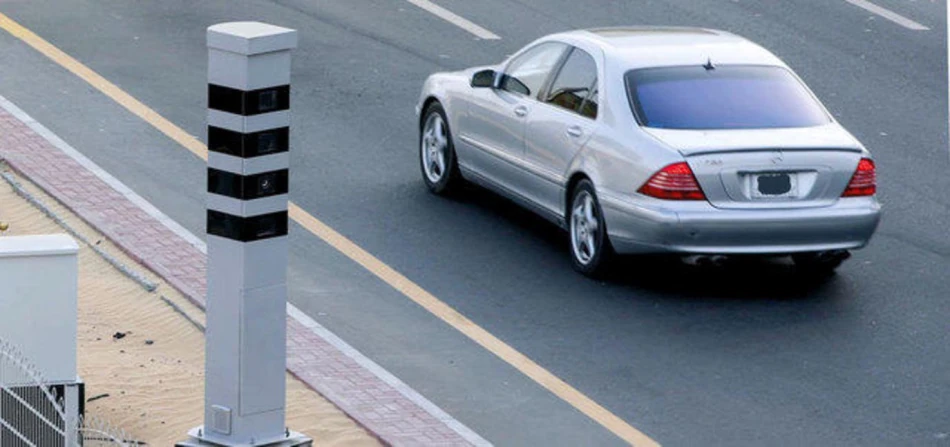
Challenging Speed Radar Tickets: Effective Strategies to Dispute Unfair Speeding Violations
UAE Streamlines Traffic Violation Appeals Process with Digital-First Approach
The UAE Ministry of Interior has clarified procedures for contesting traffic violations, responding to citizen inquiries about wrongly issued fines for speeding, seatbelt violations, and other infractions. The government's emphasis on digital channels and systematic review processes reflects broader efforts to modernize public services while maintaining strict traffic enforcement standards.
Digital Appeals Process Takes Center Stage
Citizens can now challenge traffic violations through multiple channels, with digital options prioritized. The Ministry of Interior confirmed that appeals can be submitted through its official website and mobile application, while traditional in-person visits to service centers remain available for those preferring face-to-face interaction.
This multi-channel approach aligns with the UAE's broader digital transformation strategy, which has positioned the country as a regional leader in e-government services. The system allows for faster processing times and reduces administrative burden on both citizens and government offices.
Radar System Accuracy Under Scrutiny
The Ministry addressed specific concerns about radar-detected speeding violations, stating that each case undergoes verification based on the type of violation and device calibration specific to each street. When errors in violation recording are identified, appropriate corrective measures are implemented.
This systematic approach to radar accuracy is crucial given the UAE's extensive network of speed cameras and automated enforcement systems. The country has invested heavily in traffic monitoring technology as part of its Vision 2071 road safety goals, making the appeals process a critical component of maintaining public trust in automated enforcement.
Cross-Border Coordination Within GCC
For violations occurring in other Gulf Cooperation Council countries, the process varies depending on vehicle registration location. Vehicles registered with federal traffic departments can file complaints through the Ministry of Interior's website or mobile app, while Dubai-registered vehicles must use Dubai Police's dedicated platform.
This differentiated approach reflects the UAE's federal structure, where individual emirates maintain certain autonomous powers while participating in broader regional cooperation frameworks. The system demonstrates how digital governance can accommodate both local autonomy and regional integration.
Implications for Road Safety and Governance
Enhanced accountability in traffic enforcement could strengthen public confidence in the UAE's road safety initiatives. By providing clear appeal mechanisms, authorities balance strict enforcement with due process rights.
The emphasis on digital channels also supports the UAE's smart city ambitions and reduces operational costs associated with manual processing. This approach positions the country as a model for other regional governments seeking to modernize their traffic management systems.
The streamlined appeals process represents more than administrative efficiency—it reflects the UAE's commitment to transparent governance while maintaining its position as one of the world's safest countries for road travel.
Most Viewed News

 Sara Khaled
Sara Khaled






